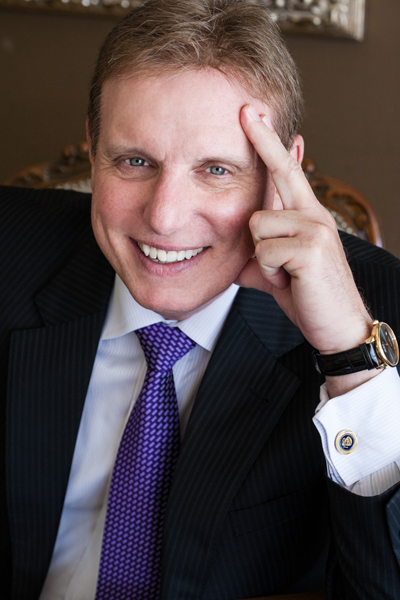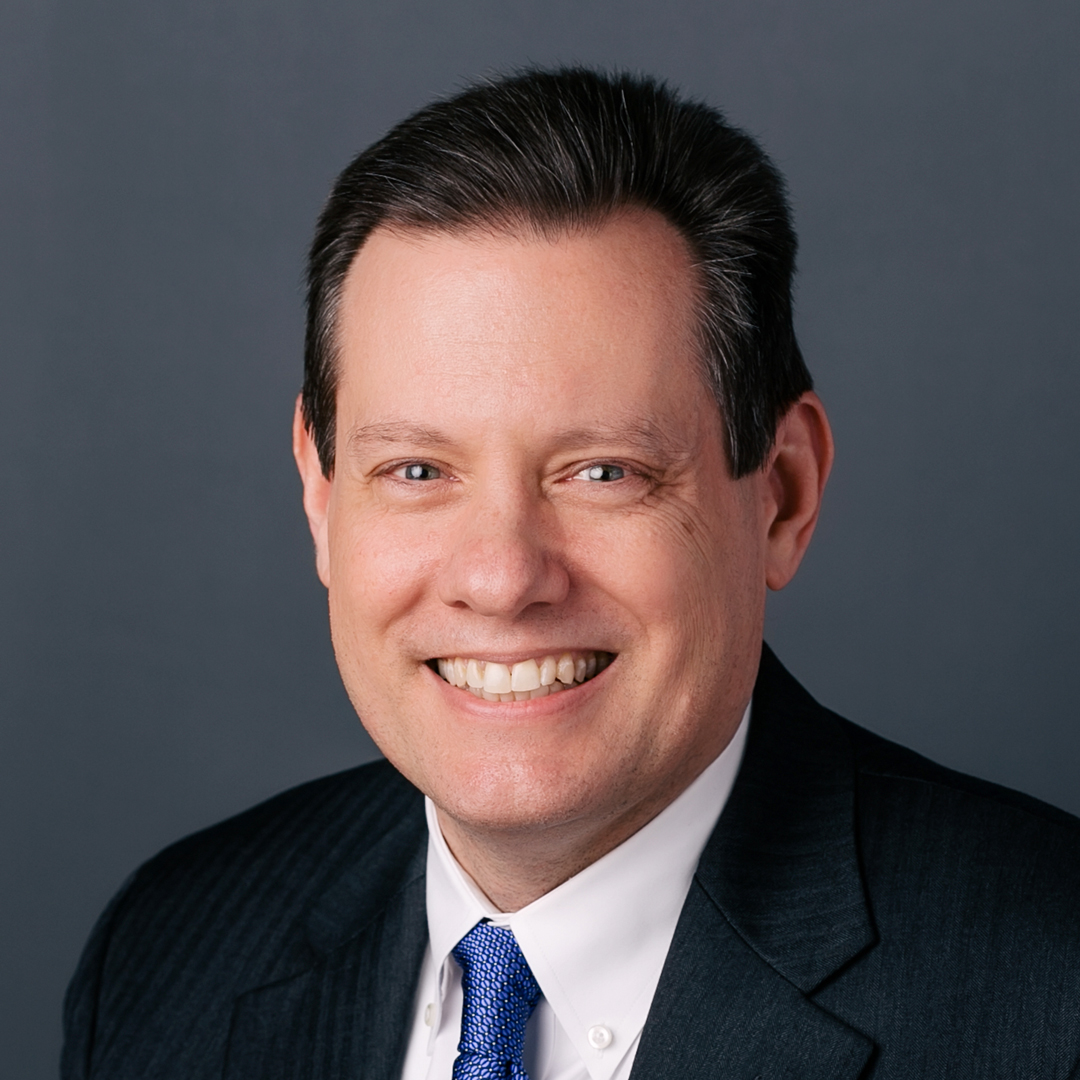As executive vice president of administration and chief financial officer of Houston, Texas-based Burrow Global, Mark Vise’s portfolio of responsibilities is larger than the average CFO’s. It includes all back-office functions such as finance, human resources, IT, and contracts. Vise also works on strategic planning initiatives and handles Burrow’s quality program as well as the project services functions that support project managers and operational groups. These wide-ranging responsibilities are part of the evolution of the CFO role at Burrow Global, which provides full-service engineering, procurement, construction, and facility services primarily in the Gulf Coast areas and Oklahoma.
Profile spoke to Vise to learn how he pushes the boundaries of the traditional CFO purview, how goofy T-shirts can inspire dedication, and how he advises other financial professionals to be more than just number crunchers.

In today’s evolving business world, what do you see as the CFO’s role?
Our job is to tell a story with the data, helping business leaders better understand the factors that impact performance. Data can be a valuable asset when transformed into actionable information. This requires working with and mixing it up with operations to increase their financial literacy so they can attack problems in a proactive manner. But unless you can tell a story with the numbers, then you’re not nearly as effective.
How have you expanded the role at Burrow Global?
Within Burrow Global—as well as a lot of other companies—the CFO’s role has broadened to encompass strategic planning and working with operations on tactical execution of the CEO’s vision. I have been very fortunate to have worked with CEOs who have allowed and encouraged me to step outside of the traditional CFO’s finance function. It only really works if you can truly add value and gain the respect of your peers. You do that by really understanding the business, how the company makes money, and what levers you can pull to drive efficiency and growth.
If I am doing my job, you are welcomed inside the tent, where you really have to be to truly drive change. For example, I treat financial reviews not as a venue to beat people up over their numbers, but as an opportunity to increase financial literacy across the enterprise and move them toward a more strategic view of their businesses and markets.
How have you expanded the CFO’s role at other companies?
Across several companies, I have been involved with implementing new processes and procedures to enhance the efficiency and effectiveness of the proposal process. While this is a function that typically resides within sales and marketing, a competitive proposal requires a total corporate-wide commitment. Qualifying, pursuing, and winning require a very disciplined approach.
When I worked at Bailey Network Management from 1993 to 1996, I was asked to take over an ISO 9001 certification process that had failed its first audit. To ensure success, I pulled together a cross-functional team, establishing ownership across all disciplines of the company. I ordered shirts with the moniker “The Q Team” and a logo across the back reading “Quality is Cool.” We wore the shirt every Friday until we passed the certification. This established a real sense of camaraderie and teamwork as well as high visibility across the organization. We passed the next audit.
Other initiatives I have led outside the traditional scope of the CFO have been concerned with improving processes, such as reengineering the contract administration, order entry, and distribution systems associated with product sales. Other times, it has been studying a specific underperforming business to identify the underlying issues contributing to the poor performance. Each time, I start with mapping out the process. Typically the underlying issues are process-related, or you can see the problem clearer by analyzing the process.
How did you develop the new quality management system (QMS) at Burrow Global?
We already had a quality management system in place; however, we took a really hard look in the mirror and made the determination that we could do better. As in any successful change program, you have to first make the case for it, and we did this by rolling out the transformation program in every office to every employee. Burrow Global has had a great safety record and devotes a lot of time and energy promoting its internal safety program. We decided to model the quality program along the same lines as safety. For example, we have always started every internal meeting with a “Safety Moment;” we now also end every meeting with a “Quality Moment.”
We held a company-wide naming contest for the program, and the winner was Committed-to-Quality or “C2Q,” as it is known inside the organization. We view C2Q as more of a frame of mind or attitude that quality is at the forefront of everything we do at Burrow Global. We believe quality attracts talent, and talent and quality attract customers.
What advice do you have for other CFOs looking to push beyond the typical role?
The key is to always maintain a curiosity about the business—a learning mind-set—and constantly push yourself outside your comfort zone. Cultivating and developing mentors throughout your career that you feel comfortable confiding in is also helpful to career development. It is also imperative that you develop critical relationships across the enterprise and with key players outside the company, such as independent board members, bankers, important suppliers, and even customers. Sales and marketing do not maintain exclusivity around customers. If you want to know how to improve the organization, ask your customers what values they place on your product and services.
Would you say that you’ve reached your career goals?
I definitely haven’t achieved my goals yet, so the finish line is always ahead of me. It is now my turn to give back as I am trying to do at my alma mater, Lamar University, by being a mentor to the next generation of business students.
I have been so fortunate to have had an all-star list of business mentors, such as Robert “Bob” Forsyth, who as CEO of Synercom Technology Inc. took a chance on a thirty-one-year-old as the new CFO of a NASDAQ-listed company. Mark Loughead and Lloyd Pitchford were incredible mentors of mine at Intertek, showing me what true leadership looks like. Working alongside Mike Burrow, Burrow Global’s CEO and founder, I continue to learn, especially the art of maintaining an entrepreneurial culture.
Photo: Cindy Crofford Photography

